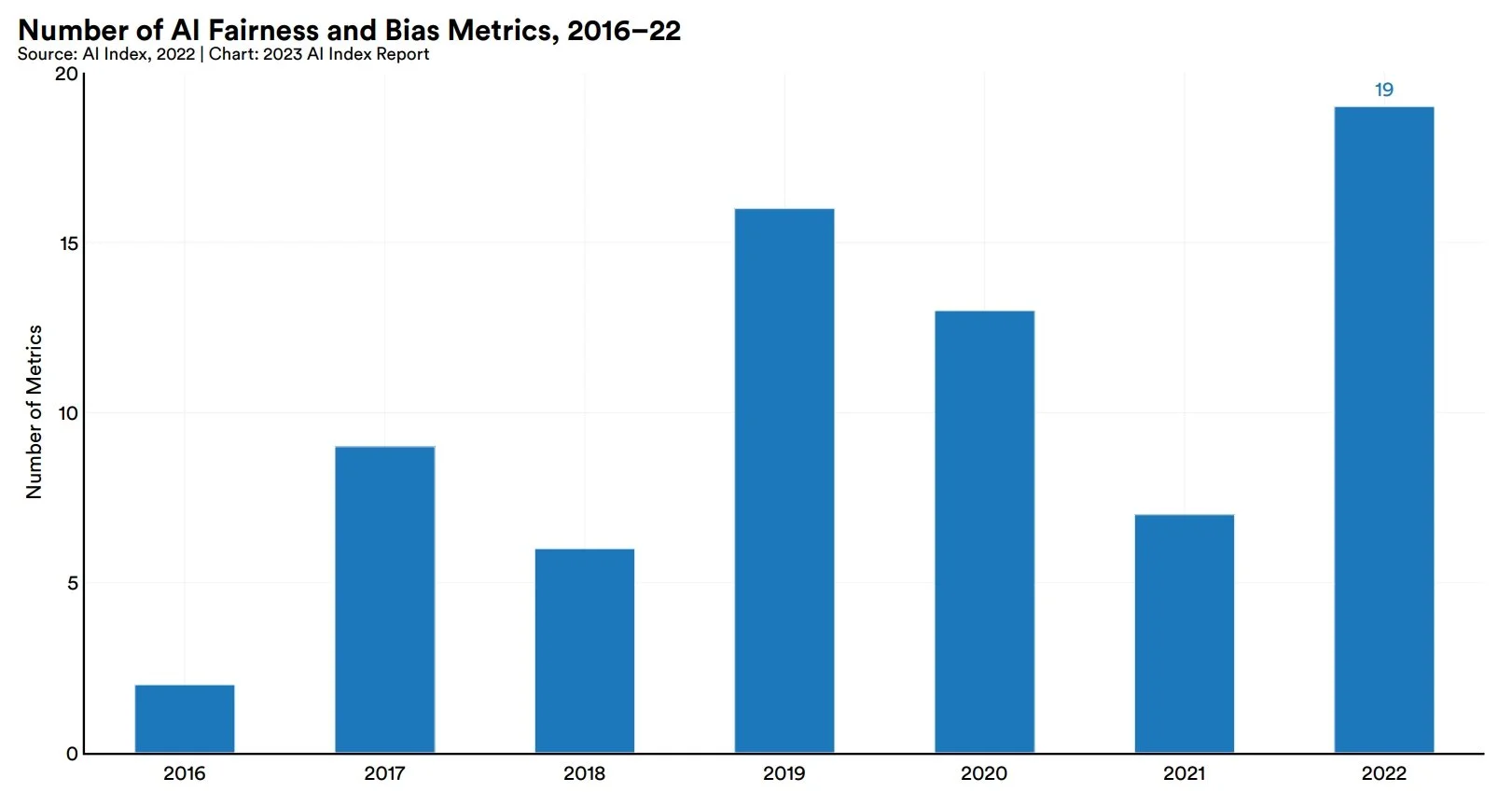The Impact of Data Bias in AI: Navigating Challenges in Modern Marketing
As artificial intelligence (AI) becomes an indispensable tool in digital marketing, the issue of data bias has gained significant attention. Data bias in AI can lead to flawed decision-making, impacting both business outcomes and customer experiences. In this post, we delve into the latest research, examples, and strategies to mitigate bias in AI-driven marketing efforts, ensuring fairness and effectiveness in 2024.
Understanding Data Bias in AI
Data bias occurs when the datasets used to train AI models contain prejudices or imbalances, which then influence the model's outputs. This can result in marketing strategies that inadvertently favor or disadvantage certain groups.
Key Statistics and Insights:
Recent Findings: A 2023 report by the AI Ethics Institute revealed that 65% of surveyed companies encountered bias-related issues in their AI applications, affecting their marketing outcomes.
Notable Incidents: In 2022, a leading beauty brand faced criticism when their AI-driven personalization tool recommended different products based on racial profiling, highlighting the need for vigilant bias monitoring.
Causes and Types of Bias in Marketing AI
1. Training Data Bias:
Historical Bias: Often, training data reflects historical biases, such as underrepresentation of certain demographics, which can perpetuate stereotypes.
Sampling Bias: When data is not representative of the broader population, AI models can become biased, affecting the accuracy of their predictions.
2. Algorithmic Bias:
Model Design: Even unbiased data can be skewed by the way algorithms are designed, such as how they weigh different variables.
Feature Selection: The selection of features for the model can inadvertently introduce bias if not carefully considered.
3. Interaction Bias:
User Behavior Influence: AI models can learn biases from user interactions. For instance, if users consistently engage with certain content, the AI may prioritize that content, overlooking diversity.
Implications of Data Bias in Marketing
1. Brand Reputation Risks:
Companies may suffer reputational damage if their AI systems produce biased outcomes, such as discriminatory ads or exclusionary product recommendations.
2. Financial Impact:
Inefficient targeting due to biased AI can lead to wasted ad spend and missed market opportunities, directly affecting ROI.
3. Legal and Ethical Considerations:
There is a growing legal and ethical imperative to ensure AI systems do not perpetuate discrimination. Failure to do so can result in legal consequences and loss of consumer trust.
Strategies for Mitigating AI Bias
1. Diverse Data Collection:
Inclusive Datasets: Actively seek to include diverse data sources that reflect all segments of the population. This includes balancing gender, ethnicity, and socioeconomic status in your data.
2. Bias Detection and Correction:
Auditing Tools: Utilize bias detection tools like Fairness Indicators or IBM AI Fairness 360 to identify and address biases in your models.
Regular Audits: Implement regular audits of AI systems to detect emerging biases as new data is introduced.
3. Transparent Model Design:
Explainability: Use techniques that make AI decision-making processes transparent. This helps stakeholders understand how decisions are made and where biases may exist.
Human Oversight: Ensure that human oversight is integral to AI system deployment, especially in decision-making processes that significantly impact customers.
4. Ethical AI Frameworks:
Ethical Guidelines: Develop and adhere to ethical guidelines for AI use, ensuring that your marketing practices respect customer rights and promote fairness.
Stakeholder Engagement: Involve diverse stakeholders in the AI development process to gain varied perspectives and mitigate potential biases.
Conclusion
Data bias in AI is a critical issue that can have far-reaching implications for digital marketing strategies. By understanding the sources and impacts of bias, businesses can take proactive steps to ensure their AI systems are fair, transparent, and effective. At HypedShop, we are committed to ethical AI practices and helping our clients navigate the complexities of AI in marketing. Contact us today to explore how we can help you implement AI solutions that are both innovative and equitable.
Call to Action:
Ready to address data bias in your AI-driven marketing strategies? Reach out to HypedShop for expert guidance and comprehensive solutions.


